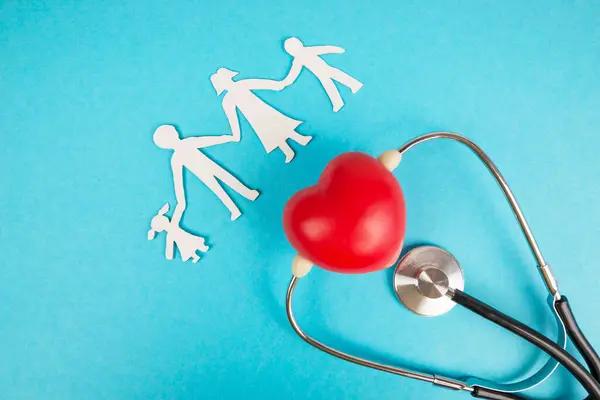purelight111.com Handwashing is a simple yet highly effective method to prevent the transmission of diseases. It’s an pressplaypodcastss.com integral part of personal hygiene and public health, often overlooked due to its simplicity. However, this basic act serves as a powerful tool in the fight against infectious diseases.
The importance of handwashing lies in its ability to remove germs that accumulate on our hands from loneduckfitters.com various sources such as contaminated surfaces, sick individuals, or even our surroundings. These microorganisms include bacteria, viruses, and parasites which can cause illnesses ranging from common colds and flu to more severe ailments like food poisoning, hepatitis A and many types of diarrheal disease.
When we touch our face — particularly our eyes, nose or mouth — these germs gain direct access into our body where they can multiply and cause disease. Handwashing with soap disrupts the structure of these harmful microorganisms effectively killing them or rendering them harmless.
Apart from direct contact with people or objects ihdyrateapp.com carrying pathogens, another significant source of infection is through foodborne routes. Unwashed hands handling food can transfer harmful microbes onto the edibles leading to gastrointestinal infections among other problems upon consumption.
Scientific studies have shown that regular hand washing drastically reduces the number of people who get sick with diarrhea by 23-40% and respiratory illnesses like colds by 16-21%. Moreover, it has been found especially beneficial for children with developing immune systems where it forabadtimecall.com can cut absenteeism due to gastrointestinal illness in schoolchildren by up to 57%.
Hand hygiene also plays a crucial role in healthcare settings where both patients and medical workers are at high risk of acquiring infections. According to estimates by World Health Organization (WHO), improved hand hygiene could potentially save millions lives annually katrinaaonson.com if practiced universally in health care alone.
In recent times during COVID-19 pandemic crisis worldwide; hand hygiene has come into sharper focus than ever before. The virus primarily spreads through respiratory droplets when an infected person coughs or sneezes, and these droplets can land on surfaces. If a person touches these contaminated surfaces and then their face, they can get infected. Regular handwashing has monicadenias.com been promoted as one of the key preventive measures against this deadly virus.
It is important to note that for handwashing to be effective, it must be done correctly and frequently. WHO recommends washing hands with soap for at least 20 seconds especially before eating, after using the restroom, or when visibly dirty.
In conclusion, handwashing is a simple yet powerful tool in disease prevention. It’s cost-effective and universally accessible making it one of the best housecallspodcast.com methods to protect ourselves from diseases. As we navigate through life in a world full of microorganisms; let us remember that our health is literally in our own hands.




